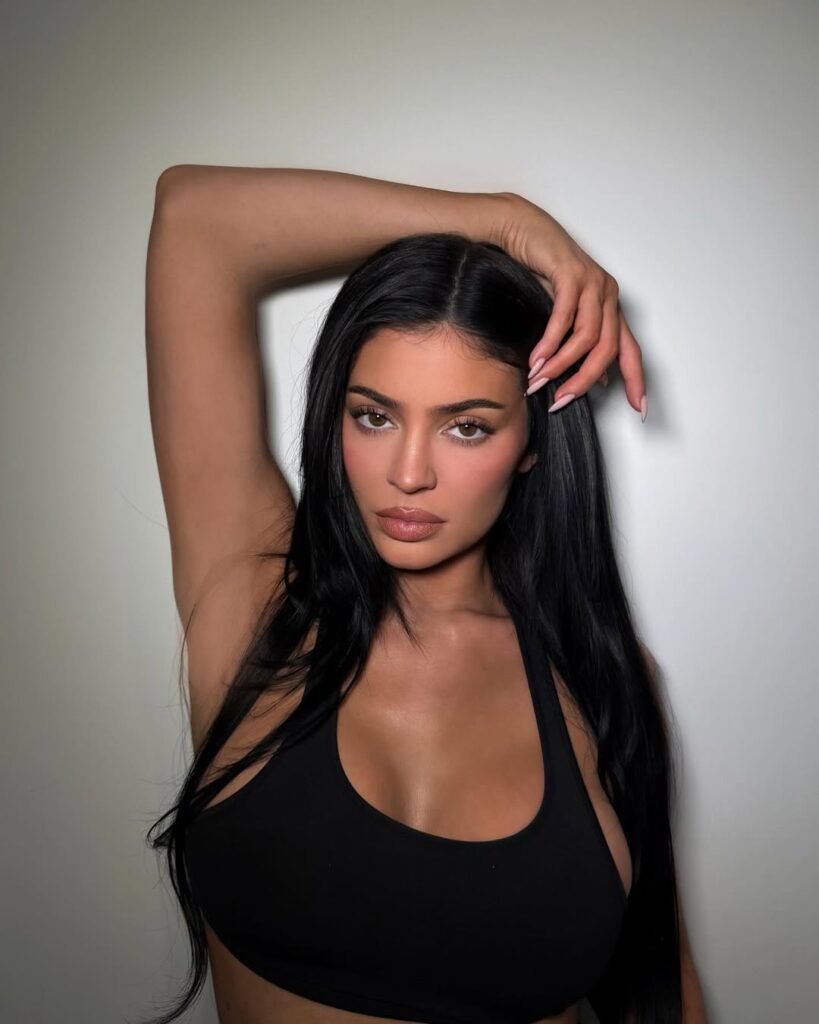
In the crowded and hyper-competitive world of beauty, very few brands have achieved the meteoric rise and cultural dominance of Kylie Cosmetics. What began as a simple collection of three liquid lipsticks and liners in 2015 has since blossomed into a global empire, and its success is a masterclass in modern, celebrity-driven branding. At the heart of this phenomenon is Kylie Jenner herself, who, by leveraging her unparalleled social media presence and a shrewd understanding of her target audience, created a blueprint for a new kind of business.
Before Kylie Cosmetics, the beauty industry was largely dominated by established giants with decades of history and hefty advertising budgets. Kylie Jenner, however, bypassed traditional marketing channels almost entirely. Instead, she turned to the very platforms where her audience—primarily Gen Z and Millennials—lived: Instagram, Snapchat, and later, TikTok. Her personal social media accounts, with their millions of followers, became the primary marketing engine for her brand. She would tease new products with sneak peeks and swatches, often wearing the makeup herself in her daily posts and stories, blurring the lines between her personal life and her business. This created a sense of authenticity and a direct-to-consumer relationship that was revolutionary.
This direct connection was not just about promotion; it was about building a community. Kylie used her platforms to engage with her fans, showcasing user-generated content, reposting customer photos, and even asking for feedback. This made her followers feel like they were part of the brand’s journey, not just passive consumers. The feeling of exclusivity and intimacy was further amplified by her marketing tactics. The initial launch of the “Lip Kits” was a textbook example of scarcity marketing. By releasing limited quantities and frequently selling out, Kylie created a sense of urgency and a “fear of missing out” (FOMO) that drove massive online traffic and instant sales. The limited-edition collections, often tied to holidays or personal milestones like her birthday or the birth of her daughter, Stormi, turned each product drop into a major cultural event.
The genius of Kylie Cosmetics’ branding extends to its collaborations. She has consistently partnered with family members like Kim Kardashian and Khloé Kardashian, as well as with other high-profile figures and brands like Balmain and The Grinch. Each collaboration was a strategic move, tapping into a new audience and generating immense media buzz. These partnerships were not just about cross-promotion; they were carefully curated to align with her brand’s aesthetic while expanding its reach.
The brand’s identity is intrinsically tied to Kylie Jenner’s personal brand. Her signature look—full lips, sculpted brows, and a flawless complexion—became aspirational for millions. Her early struggles with her appearance, which she openly discussed, provided a relatable origin story for her brand, turning her personal insecurity into a business opportunity. This authenticity, whether perceived or real, resonated deeply with her young audience. She wasn’t just selling makeup; she was selling the promise of a look, a lifestyle, and a sense of self-confidence that her followers craved.
In recent years, Kylie Cosmetics has adapted to changing consumer demands, expanding its product line beyond lip kits to include skincare (Kylie Skin) and fragrances, and has even moved into physical retail locations like Ulta. The brand has also responded to industry trends by introducing more inclusive shade ranges and clean, vegan formulas. These moves demonstrate a business acumen that goes beyond simple celebrity endorsement; it shows a brand that is listening to its customers and evolving with the market.
Ultimately, Kylie Jenner’s success with Kylie Cosmetics is a testament to the power of a digital-first, personality-driven brand. She didn’t rely on traditional advertising or retail models. Instead, she built a loyal, engaged community directly on social media, created hype through scarcity and exclusivity, and made her personal brand the face of her business. By doing so, she didn’t just create a successful cosmetics company; she redefined what it means to be a beauty mogul in the 21st century.








